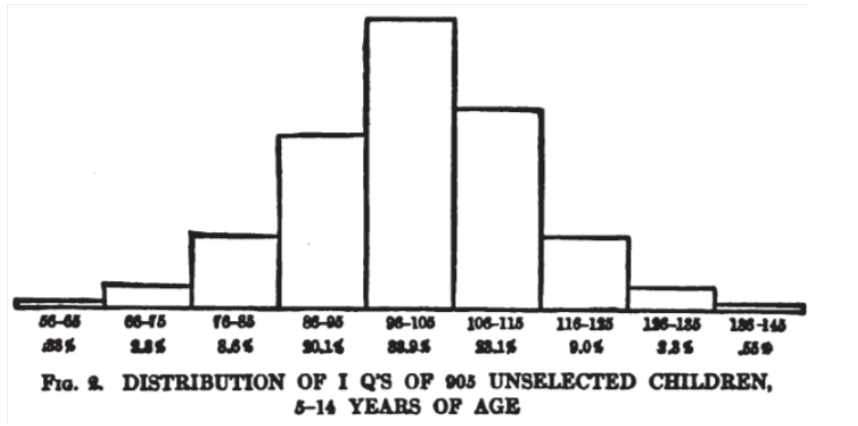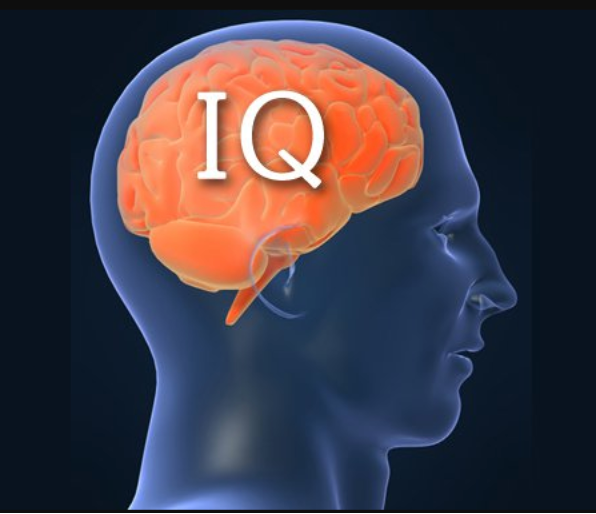People have debated a lot about whether a person’s IQ (intelligence level) changes as they get older. But does IQ change with age? If it does, how does it change?
The common belief is that our IQ level fluctuates throughout life, but it can change at peak at 16 to 25 years old.
Studies show that different kinds of intelligence skills, like with words or without words, may peak at different ages.
Therefore, I have shared a comprehensive guide below to help you understand these IQ changes and how they determine your intelligence backed with science
So, let’s dive into the details!
Key Takeaways
- IQ is designed to measure the level of mental ability across age groups.
- Different cognitive skills may peak at various stages of life, impacting overall IQ.
- Health, environmental factors, and other influences can affect IQ change over time.
Does IQ Score Change With Age?
People often think IQ stays the same throughout life. However, studies show that IQ can change as we get older. Different kinds of quotients peak and decline at certain ages.
For example, children’s IQ tends to increase steadily during the school years.
This is especially true for “fluid intelligence,” which is the ability to think logically and solve new kinds of problems. Kids get better at learning and using their brains during this time.

In the teenage years, intelligence peaks, particularly in skills like abstract reasoning and problem-solving.
The bottom line is that IQ is partially fixed. Our thinking abilities can improve in some ways and decline in others as we move through different stages of life and aging.
Source: news.mit.edu
At What Age Is Your IQ The Highest?
Studies show that IQ is highest during the teenage and young adult years, usually between ages 16 and 25.
During this time, abilities like thinking speed, memory, and solving new problems are at their peak. Research from places like MIT found these brain skills are strongest in young adults.
IQ tests compare people to others around the same age. Experts like Alan Kaufman from Yale say the scores show how well someone did on the test questions compared to others their age.

It’s important to know that the different parts of intelligence may peak at different ages.
Skills with language may not decline much as someone ages, but skills for solving new problems may decrease after the peak years.
So, in summary:
- Teenager to young adult years: Overall best brain performance
- After age 25: Some abilities decline, but knowledge and vocabulary skills often stay stable or improve
Intelligence has many parts. While raw brain power may be highest in young adulthood, people keep gaining wisdom, knowledge, and experience that contribute to their intelligence throughout life.
IQ Development In Early Childhood
A child’s IQ is not set when they are very young. It can change a lot in the early years. This time is significant for brain development. Both genes and the environment play big roles.
Baby And Toddler Years:
In the first few years, a child’s brain grows quickly. IQ tests at this age may not show their true potential.
However, things like the parent’s education level, the baby’s head size at birth, and how much their head grows in the first three years can hint at intelligence.
Reaching milestones like learning to talk and solve little problems can lead to higher IQ later.
Preschool Years:
By preschool age, a child’s brain abilities become more steady, so IQ tests may start showing their true smarts better.
Studies show that while preschool IQ scores can still change some, they give a good look at how a child’s brain is developing.
In these years, the child’s intelligence keeps growing a lot. The learning environment and how involved parents are become super important.
The main idea is that IQ in the very early years is flexible. The ages before kindergarten are crucial for brain growth, which shapes intelligence.
How Does Your IQ Decrease In Old Age?
As people get older, their IQ scores often go down. This is mainly because of the natural aging process affecting your brain’s work.
Brain Power Declining:
In old age, some brain abilities tend to get worse. This is called cognitive decline. Skills like solving problems, thinking abstractly, and adapting to new situations can decrease.
Studies show that while word knowledge may peak in the late 60s or early 70s, the ability to think flexibly often starts declining as early as the 20s or 30s.
Keeping the Brain Sharp:
Some things can help the brain stay strong and slow down the IQ drop:
- Keep learning and doing mind activities
- Exercise and eat healthy foods
- Stay socially engaged by interacting with others
- Manage stress and emotions well
It’s important to remember that everyone ages differently. The rate and amount of IQ decline varies from person to person.
The main point is that as we get older, parts of our thinking abilities naturally start to decrease, but staying mentally, physically, and socially active can help the brain stay sharper for longer.
Source: news.mit.edu
How To Increase Your IQ Score?
By employing the following approaches in your day-to-day life, you effectively achieve a higher IQ score after a few months:
- Embrace Continuous Learning
- Exercise Your Brain with Puzzles and Games
- Cultivate New Experiences
- Practice Mindfulness and Meditation
- Adopt a Brain-Boosting Diet
- Engage in Physical Exercise
- Learn Musical Instruments or a New Language
- Prioritize Quality Sleep
More Read On IQ:
Conclusion: Your IQ Changes Throughout Your Life With Age!
IQ tests measure intelligence, and it does not remain the same throughout a person’s lifetime. Research suggests that different types of intelligence may peak at various stages of life.
Furthermore, studies show that IQ scores are relative to age, so getting older doesn’t automatically lower your IQ. The MIT research also shows that our mental abilities can change in complex ways over time.
The brain remains adaptable, meaning cognitive decline isn’t guaranteed and can be countered with brain and physical exercises to keep the mind sharp.